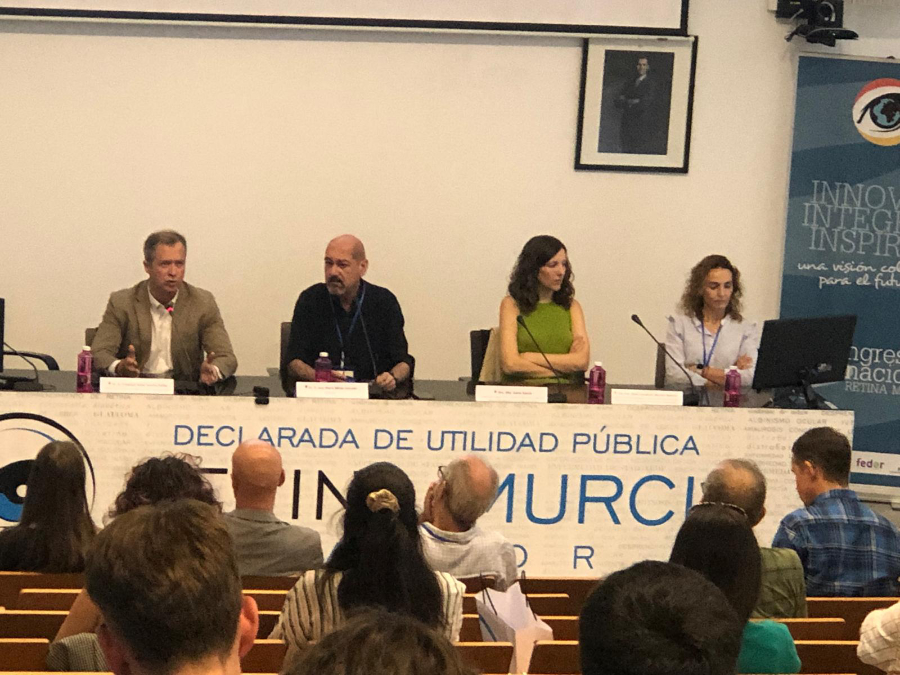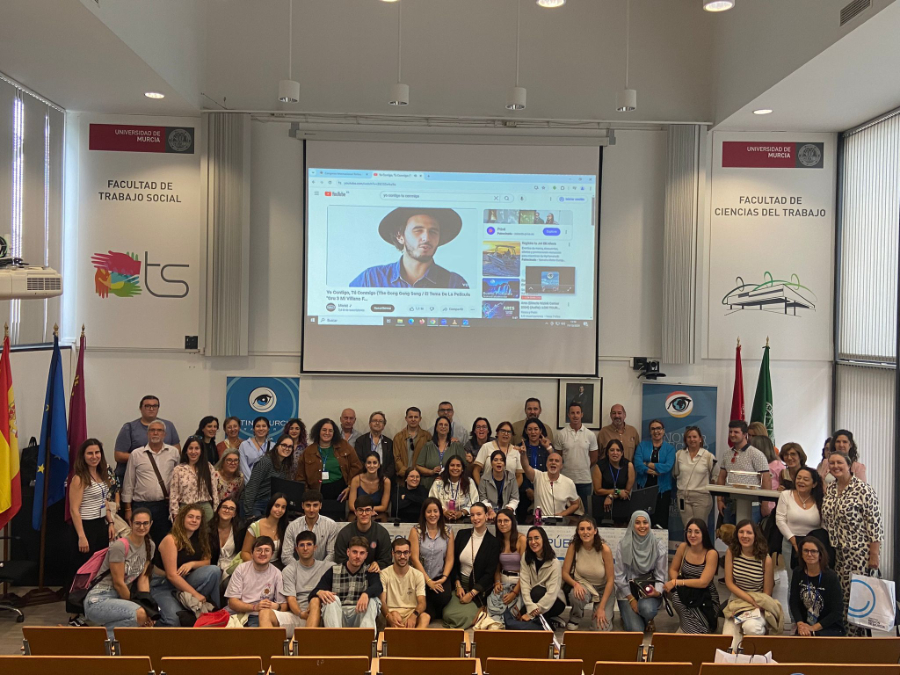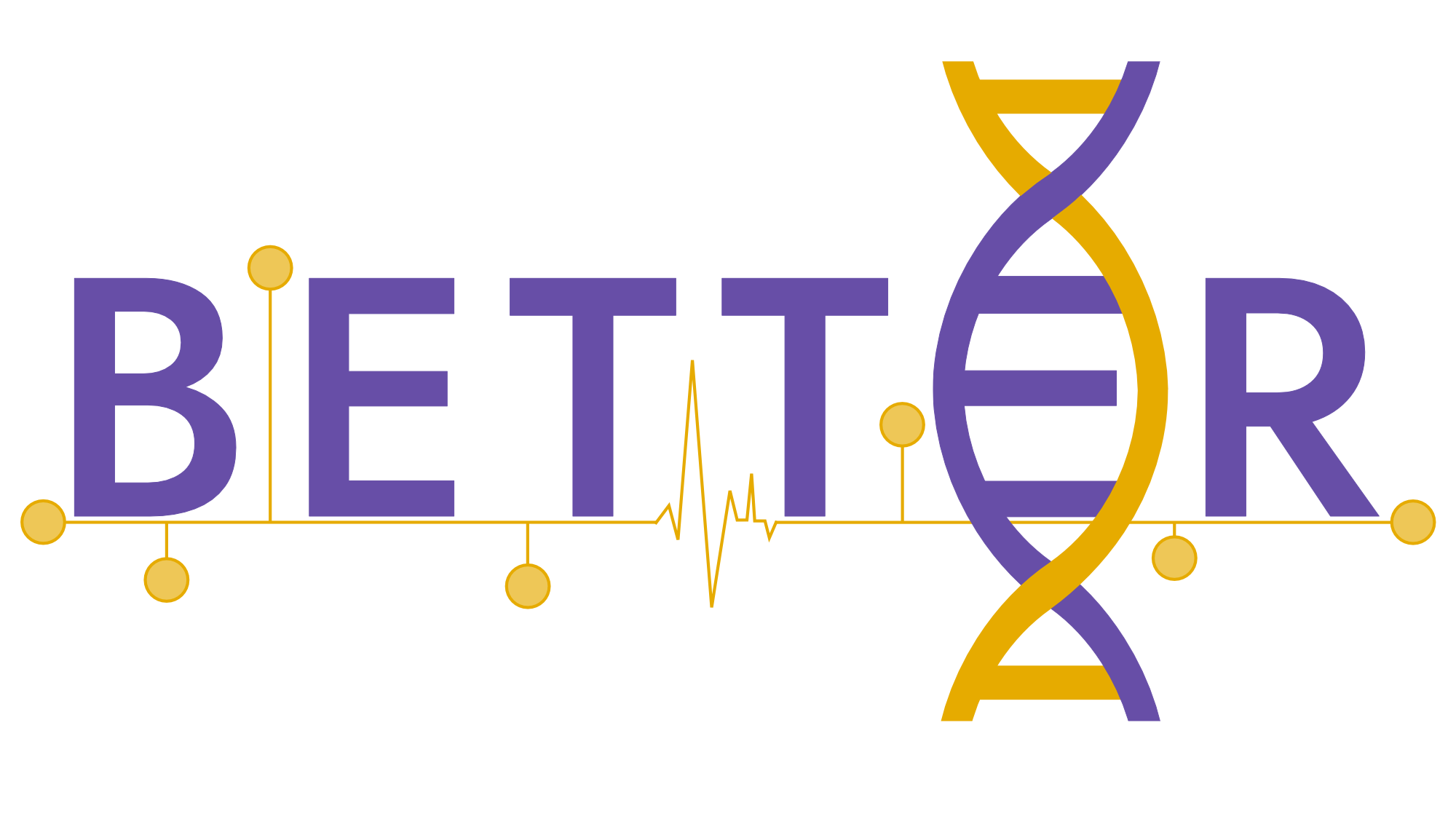Better with the Patients: The Importance of Patient Involvement in Scientific Research
15/01/25 11:39 Filed in: La Fe Health Research Institute - IIS La Fe
In recent years, the scientific community has increasingly recognized the importance of involving patients, their families, and patients’ associations in the projects we develop, especially in highly translational research where patients are at the core of our work. Engaging them allows us to understand their concerns and needs, ensuring that our projects or clinical protocols are better aligned with their real-life requirements, ultimately improving the success of scientific outcomes. Similarly, it is also essential to communicate and disseminate scientific results to them in a clear and simple way, for example, through workshops or conferences specifically designed for patients. These events help people feel more involved in projects and allow them to learn about their progress in detail, making science more transparent, accessible, and understandable at all levels of society.
For these reasons, in our BETTER project, communicating and disseminating the project and its results at all levels is one of the main pillars. In line with this, Dr. Gema García (leader of Use Case 2, focused on Inherited Retinal Dystrophies) was invited to participate in the International Retina Murcia Congress held in October 2024. The Retina Murcia Congress is organized by the patient association Retina Murcia (RETIMUR), began in 2013 as regional sessions and evolved into an international congress in 2018. This event brings together patients, researchers, and students to address advancements in the diagnosis, treatment, and research of visual diseases. Gema participated in a roundtable discussion to emphasize the importance of European funding to advance research on rare diseases, particularly retinal diseases, and to explain the main objectives of the BETTER project to the participants.


For these reasons, in our BETTER project, communicating and disseminating the project and its results at all levels is one of the main pillars. In line with this, Dr. Gema García (leader of Use Case 2, focused on Inherited Retinal Dystrophies) was invited to participate in the International Retina Murcia Congress held in October 2024. The Retina Murcia Congress is organized by the patient association Retina Murcia (RETIMUR), began in 2013 as regional sessions and evolved into an international congress in 2018. This event brings together patients, researchers, and students to address advancements in the diagnosis, treatment, and research of visual diseases. Gema participated in a roundtable discussion to emphasize the importance of European funding to advance research on rare diseases, particularly retinal diseases, and to explain the main objectives of the BETTER project to the participants.



